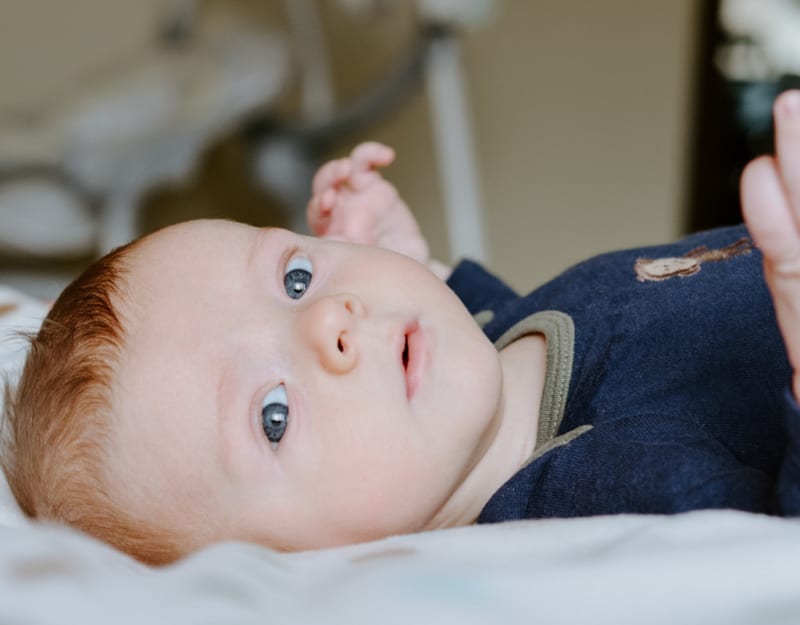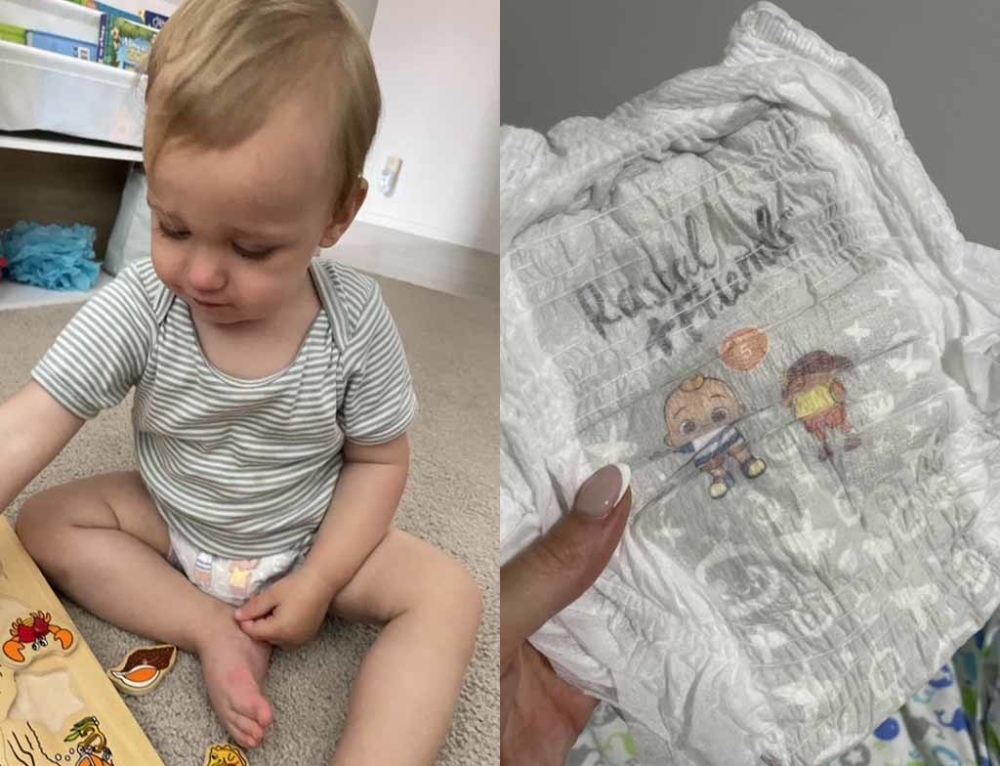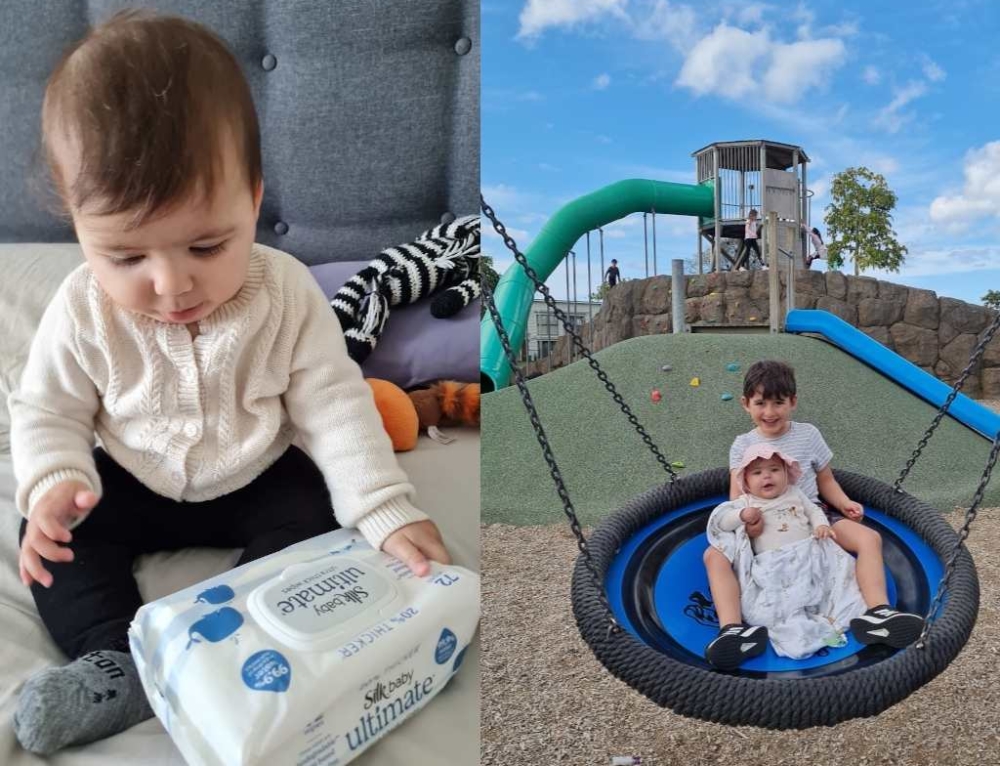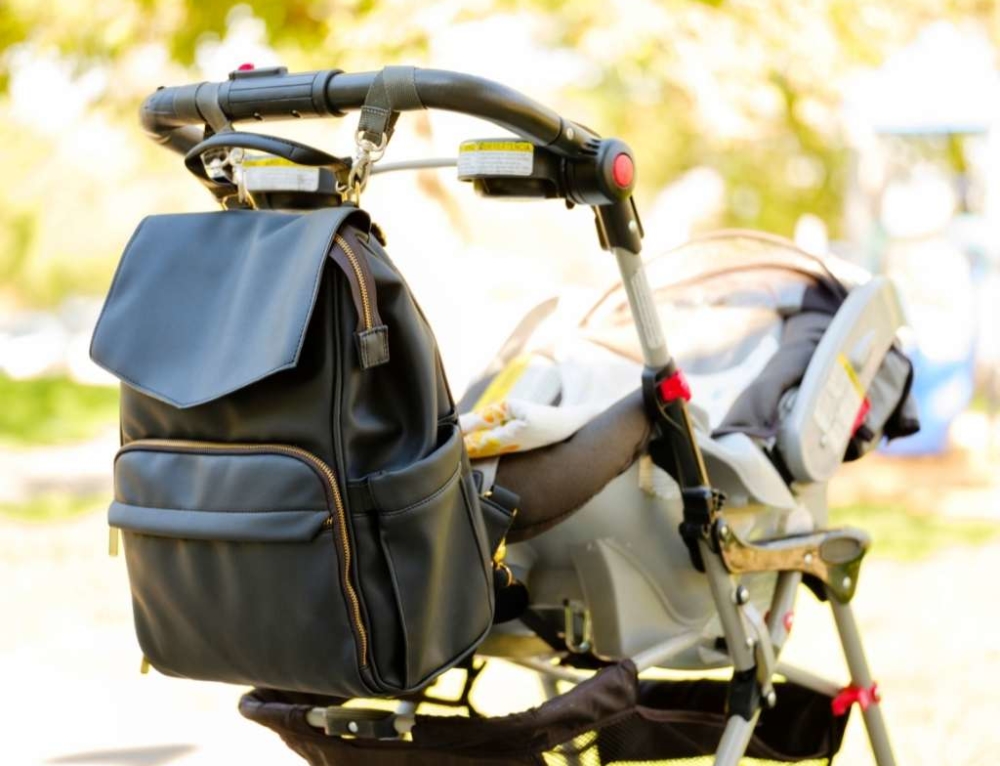Sleep, baby, sleep
You can support your baby to develop healthy sleep habits in three key steps, as author Rowena Bennett explains.
If you’re reading this article, odds are you’re a sleep-deprived parent looking for a solution to those endless, sleepless nights.
I meet many parents who complain that their baby is a ‘poor sleeper’. They recognise that their baby’s brief daytime naps and frequent nighttime awakenings are causing sleep deprivation for baby and themselves. They have tried many strategies in the past, which unfortunately failed to improve the situation. What these parents are missing is an understanding of the ways in which they can support their baby to develop and maintain healthy sleep habits.
Recognising and accurately interpreting your baby’s early signs of tiredness, and then providing him with an opportunity to sleep, are important ways to help your baby to get the sleep he needs. But equally important is where your baby settles to sleep and the way he falls asleep.
The essence of a ‘good sleeper’ is the ability to self-regulate his sleeping patterns. Some babies naturally achieve this. However many require guidance and support from parents. There are three key elements involved in supporting a baby to self-regulate his sleeping patterns. I call these the golden rules of infant sleep self-regulation. A number of my clients refer to these as ‘Rowena’s Golden Rules’.
Golden rule #1 – Provide baby with a suitable and consistent sleeping environment
A suitable environment is safe for your baby to sleep in and is also conducive to sleep. This means it’s a low stimulus environment, quiet, darken and with low noise levels. Think about the type of environment in which you prefer to sleep. A consistent sleeping environment is one that does not change. Your baby gets to fall asleep in the place where you want him to sleep.
If you’re expecting your baby to fall asleep anywhere, anytime he’s tired, don’t. Would you fall asleep anywhere, simply because you’re tired? If the environment is unfamiliar or too stimulating your baby may remain awake despite his fatigue. This could last until such time as he becomes so exhausted he can’t keep his eyes open a moment longer. By then he may have missed out on some of the sleep he would have otherwise received, causing fussiness at the time and/or distress towards the end of the day owing to overtiredness.
During our sleep we will shift from light to deep sleep and back again many times. Between sleep cycles we have arousals. During light sleep, even without fully waking, we have the ability to sense any significant change in our immediate surroundings. If your baby’s sleeping environment changes, he may notice the change while in a light sleep stage or when rousing. This can happen if you settle him to sleep in one place and then move him to another once asleep. As a result, instead of moving into the next sleep cycle he may wake prematurely from his sleep. This too can result in overtiredness.
By providing your baby with a suitable and consistent sleeping environment the risk of him waking too soon due to a change in his surroundings, or as a result of environmental noise, bright lights or visual stimulation is reduced. To achieve this, place your baby into bed while his eyes are still open, each time he needs to sleep, where possible, and encourage him to fall asleep while he’s in his bed.
Golden rule #2 – Withhold any unreliable props or aids at sleep time
An unreliable prop or aid is anything that your baby relies on to fall asleep that could later change. For example, a pacifier that falls out, or rocking/musical device that stops.
Because unreliable props and aids do not remain consistent the entire time your baby needs to sleep, he may recognise the change the next time he arouses between sleep cycles and wake fully and cry to have the prop or aid returned so that he can return to sleep. The problem is, once he has woken crying he might have become too upset to return to sleep. The missed sleep may make him upset either at the time or later in the day owing to overtiredness.
By withholding unreliable props or aids at sleep time your baby gets the chance to learn to sleep without them. The loss of the props or aids will then no longer disrupt his sleep.
Golden rule #3 – Promote independent settling
Babies are able to self-settle (go from a quiet state to asleep unaided) at the time of their birth, but as parents and caregivers we can accidentally teach them to depend our help to fall asleep and thus they can lose their willingness to fall asleep independently within a matter of days or weeks.
If your baby has learned to rely on your help to fall asleep this means he may also rely on your help to remain asleep and return to sleep if he wakes too soon. If so, it means he’s dependent on you to regulate his sleeping patterns. Depending on his temperament (inborn personality traits), your health and other commitments, the responsibility to regulate his sleeping patterns 24 hours a day for an indefinite period of time could be a task you will find burdensome.
By withholding your help at the moment your baby falls asleep, he gets the chance to re- learn how to fall asleep without your help. He will then be less inclined to wake fully during arousals, a time he may have otherwise woken as a result of recognising the help you provide is missing. At times when he does wake, he will be able to settle back to sleep without your help.
This doesn’t mean you must leave him cry. Very young babies have a limited ability to self- soothe (go from a crying state to calm independently). You can encourage your baby to fall asleep independently while soothing him as often as you feel is necessary. Just aim to cease soothing once he’s quiet so he can go from a quiet state to asleep unaided. It’s a fine line between drowsy and asleep. If you soothe him to a drowsy state it’s easy to cross the line and therefore not encourage independent settling, so stop soothing once he is calm.
You can achieve all three of the golden rules at the same time for a quick resolution to your baby’s sleep issues, or one at a time, which will obviously take longer but may minimise any upset your baby is likely to experience. By achieving the Three Golden Rules, you will support your baby to self-regulate his sleeping patterns. He will still wake for his physical needs, but you reduce the risk of waking every time he notices a change in sleeping conditions. This means he’s more likely to get the amount of sleep he needs. It also means more sleep for you.
What to expect
Your baby will only get the chance to learn new sleep habits if you provide him with opportunities to sleep in a new way. To change your baby’s sleep habits you must first change your infant settling practices. None of us like change. Not even when we know it will be good for us. Babies and children don’t like change either, so when you make changes to the way you settle your baby to sleep, you must expect some upset on your baby’s part until the new way of falling asleep becomes familiar to him. He will probably fuss or cry and take longer to fall asleep initially.
To support him to self-regulate his sleeping pattern you must be persistent and consistent in following the golden rules at sleep time. Babies don’t learn or forget sleep habits in a day. It could take days or weeks for him to learn to sleep in a new way depending on how soon you are able to achieve all three golden rules on a consistent basis. The long-term benefits of improved sleep for the whole family will far outweigh a few days of upset.







Leave A Comment
You must be logged in to post a comment.